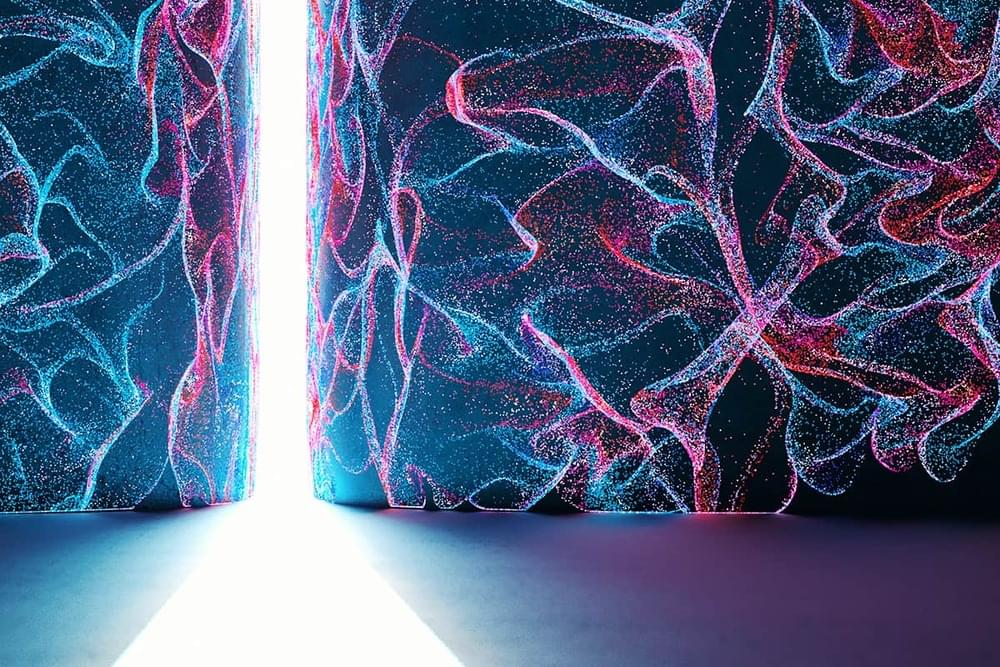Quantum information theorists have turned Wigner’s friend into a powerful set of thought experiments for testing the plausibility of physical assumptions we make when we share information. These elaborated thought experiments involve multiple participants in multiple labs, entangled quantum states between friends and real-life entangled photon experiments to smoke out what our classical assumptions are.
Is there a fork in the road, classical or quantum? To stick with the classical interpretation that says Wigner’s friend involves two inconsistent descriptions of one state of affairs produces paradoxes. The quantum perspective implies there are descriptions of two different states of affairs. The first is intuitive but ends up in a contradiction, the other is less intuitive, but consistent. Quantum friendship means never having to say you’re sorry for your use of the formalism.
Robert P Crease is a professor (click link below for full bio), Jennifer Carter is a lecturer and Gino Elia is a PhD student, all in the Department of Philosophy, Stony Brook University, US.
